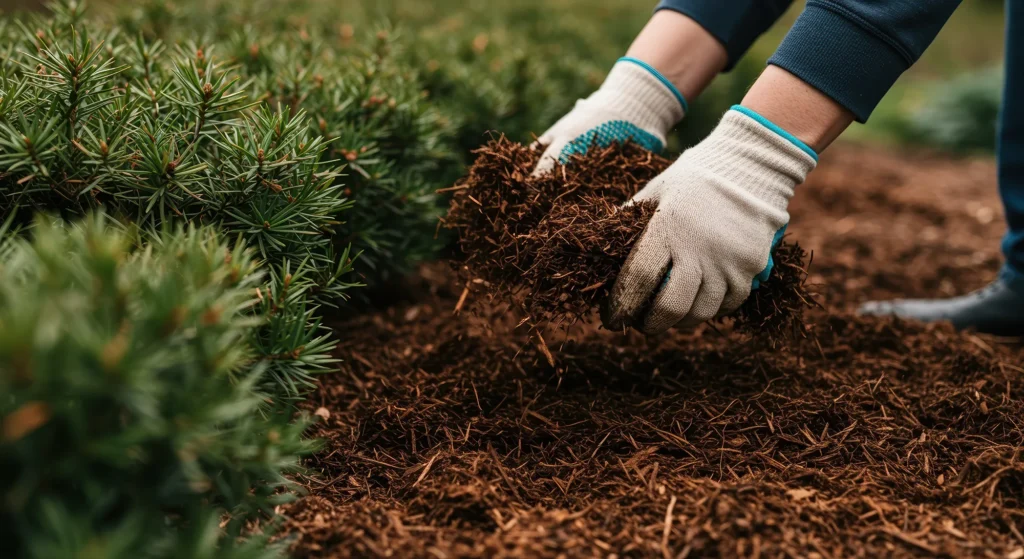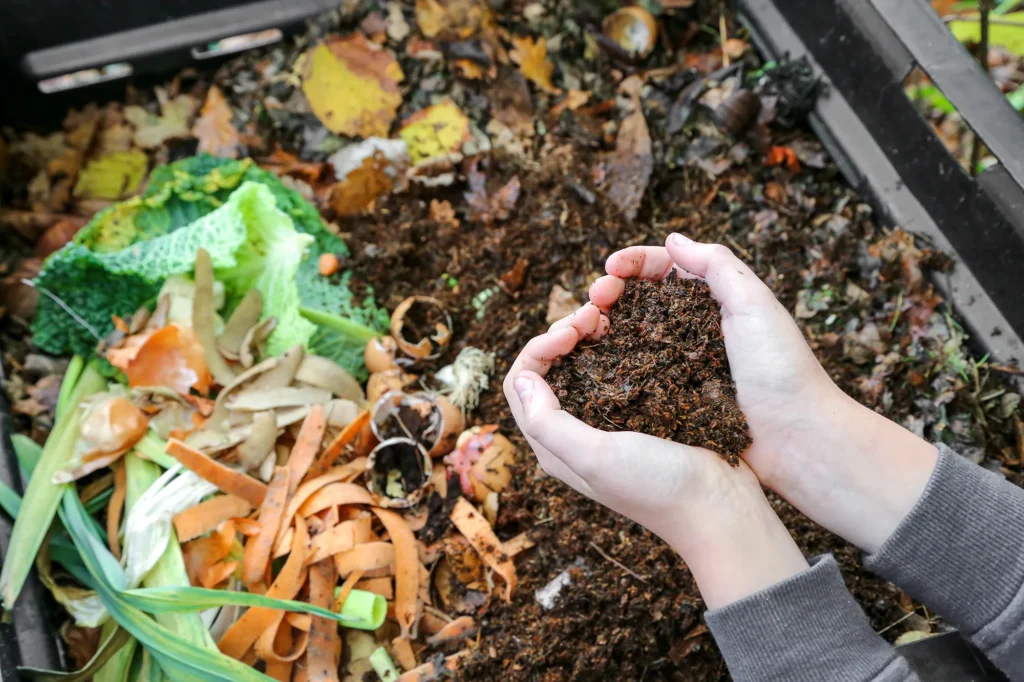
While frost still covers the ground and spring feels months away, experienced gardeners and landscapers know that January is prime planning season. One of the smartest moves you can make right now is placing your bulk compost order before everyone else starts thinking about their gardens. It might seem early, but the benefits of ordering now will pay off when planting season arrives.
Beat the Spring Rush
Every year, the same thing happens. Temperatures warm up, the sun starts shining, and suddenly everyone wants compost at the same time. Suppliers get slammed with orders, delivery windows stretch out, and availability becomes more unpredictable. That weekend you planned for bed preparation? It might get pushed back a week or two while you wait for your delivery.
By ordering in January, you avoid all of that. You get first pick of scheduling, more flexibility with delivery windows, and the peace of mind that your materials will be ready when you are. For contractors and landscapers managing multiple projects, this kind of reliability can make or break your spring timeline.
Better Planning, Better Results
January ordering isn’t just about beating the crowd. It’s about giving yourself time to plan properly. When you place your bulk compost order early, you can take a thoughtful approach to your project instead of scrambling at the last minute.
Start by assessing what you actually need. Walk your property or review your project sites. Measure your beds and calculate square footage. Think about what you’re planting and what soil amendments will give you the best results. Are you topping off existing beds or building new ones from scratch? Do you need straight compost, a garden blend, or a combination of products?
If you’re not sure how much compost you need, use our compost calculator to determine the right amount for your project.
This kind of planning takes time, and January gives you that luxury. You can call suppliers, ask questions, and make informed decisions without the pressure of a project deadline looming over you. The result is a smarter purchase that matches your actual needs rather than a rushed guess.
Soil Preparation Starts Before Planting
There’s a practical gardening reason to get compost on site early too. Compost needs time to integrate with your existing soil. When you apply it weeks before planting, you’re giving those nutrients and beneficial microorganisms time to start working. The compost breaks down, improves soil structure, and creates a welcoming environment for roots.
If you wait until the week before planting to amend your soil, you’re not getting the full benefit of what compost can do. Early application, even if the ground is still cold, means better results when growing season arrives. Many experienced gardeners apply compost in late winter specifically for this reason. By the time they’re ready to plant, their soil is already transformed.
Pricing and Availability Advantages
Supply and demand affect compost just like any other product. During peak spring months, prices can fluctuate, and popular products may run low. Placing your bulk compost order in January often means more stable pricing and guaranteed availability of the specific products you want.
This is especially important for larger projects. If you need 20 or 30 cubic yards for a landscaping job, you want to know that quantity is reserved for you. Waiting until March or April means competing with every homeowner, contractor, and municipality in the area who all woke up to the same warm weather and had the same idea.
For commercial buyers and contractors, early ordering also helps with project budgeting. You lock in your materials cost, which makes bidding and planning more accurate. No surprises, no scrambling to find alternative suppliers if your first choice runs out.
What to Order Now
Not sure what products you need? Here’s a quick guide to help you think through your January order:
Compost works best for enriching existing soil, adding nutrients to vegetable gardens, and top-dressing lawns. It’s the foundation of healthy soil and the most versatile product for most applications.
Garden Blend is ideal for raised beds and new plantings where you need a complete growing medium. It combines compost with other materials for better drainage and root development.
Mulch should be on your radar if you’re planning to protect beds, retain moisture, and suppress weeds. Ordering mulch alongside your compost means one delivery instead of two.
Think about your full season and order accordingly. It’s easier and more cost-effective to get everything at once rather than placing multiple small orders throughout the spring.
Make This Your Most Organized Season Yet
The gardeners and landscapers who have the best results aren’t necessarily the ones with the greenest thumbs. They’re the ones who plan ahead. January might not feel like gardening season, but the work you do now sets the foundation for everything that comes later.
Take advantage of the slower winter months to get your ducks in a row. Measure your spaces, calculate your needs, and place your order while availability is high and schedules are flexible. When spring finally arrives, you’ll be ready to hit the ground running instead of waiting in line.
Order Your Compost Today
The Compost Company offers premium compost, garden blends, and mulch products with convenient bulk delivery throughout the Nashville area. Contact us now to discuss your project needs and schedule your delivery before the spring rush begins. Our team can help you determine the right products and quantities for your specific project, whether you’re a homeowner refreshing garden beds or a contractor managing multiple sites.




